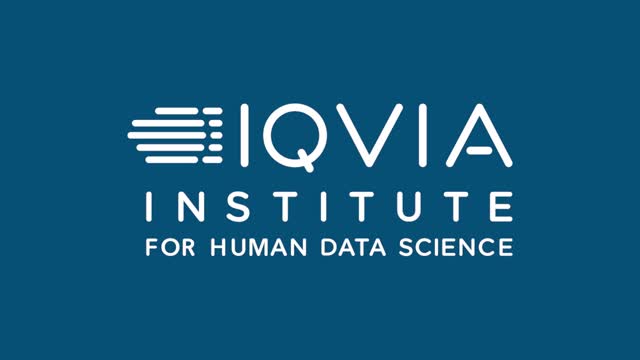Alarming Surge in Drug Shortages Revealed in Latest IQVIA Report

In the unfolding crisis of drug shortages, the latest report from IQVIA Institute has revealed alarming statistics, indicating that the number of shortages has surged to a 10-year high, with a substantial portion lingering for extended periods. Analyzing data from the Food and Drug Administration (FDA) along with comprehensive sales and volume information, IQVIA’s report, released on November 15, 2023, underscores the severity of the situation.
One striking revelation is that a staggering 25% of these shortages have persisted for over five years, while an even larger majority, 58%, extends beyond the two-year mark. The American Society of Health-System Pharmacists is actively monitoring 20 ongoing shortages, an alarming number of which have endured for a disconcerting eight years.
The IQVIA report offers three pivotal insights into the crisis:
1. Unpredictable Resolution Patterns: Contrary to expectations, the resolution of shortages does not follow a consistent pattern. Intriguingly, most shortages saw resolution during the second and third years of the COVID-19 pandemic, highlighting the complex and unpredictable nature of the factors contributing to these shortages.
2. Economic Disparities in Drug Shortages: A noteworthy observation is that shortages are more prevalent among lower-cost drugs. Over 50% of the affected drugs are priced at less than $1, with a minimal 1.3% exceeding $500 per unit. This economic trend raises concerns about the accessibility and affordability of essential medications for a wide demographic.
3. Escalating Crisis in Cancer Drug Shortages: Perhaps most alarming is the escalating crisis in cancer drug shortages, particularly since 2020. Notable drugs such as cisplatin, methotrexate, capecitabine, and carboplatin are facing supply challenges, significantly impacting patient care. Astonishingly, despite these challenges, the volume of shortages in the oncology sector only accounts for 9% of the total oncology volume as of June 2023. It’s worth noting that oncology volume has witnessed a surprising 6% increase from June 2022, underscoring the severity and complexity of the crisis.
As the healthcare system grapples with these unprecedented challenges, the need for swift and comprehensive interventions to address the root causes of drug shortages is more pressing than ever. The multifaceted nature of this crisis, influenced by economic factors, supply chain disruptions, and unexpected resolution patterns, necessitates a collaborative effort from regulatory bodies, pharmaceutical companies, and healthcare professionals to safeguard public health.





